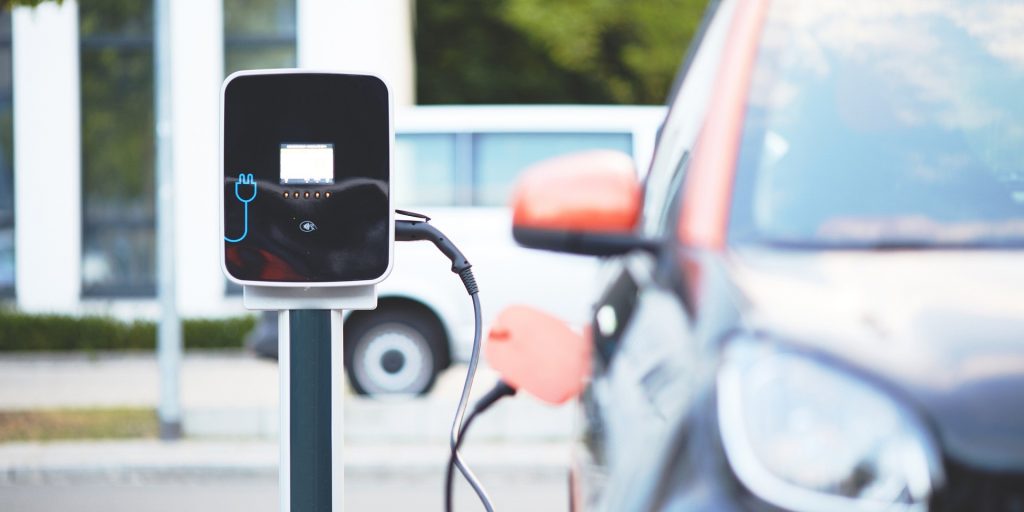EV owners in Seoul will be required to ensure their vehicle batteries are charged to no more than 90%.
Others are reading now
The city of Seoul has implemented new regulations in a response to growing concerns over electric vehicle (EV) fires according to Motor.
New Regulations Stir Controversy.
Following a major fire in an underground parking garage in the South Korean capital, the government has introduced measures aimed at preventing similar disasters. However, these measures have sparked outrage among EV owners and experts alike.
Starting at the end of September, EV owners in Seoul will be required to ensure their vehicle batteries are charged to no more than 90% capacity before accessing parking garages.
Additionally, public charging stations will be restricted to supplying only 80% of a battery’s total charge. These steps are intended to mitigate the risk of fires, but they have been met with fierce resistance.
Also read
Penalized for Choosing the Environment
Many EV owners argue that these restrictions unfairly limit their vehicles’ range and autonomy, effectively penalizing them for choosing environmentally friendly options.
They also view the new rules as an infringement on their property rights, particularly after being encouraged to adopt electric vehicles by government incentives.
Critics point out that the data doesn’t fully support the necessity of such stringent measures. Over the past three years, there have been 139 reported fires involving electric vehicles in South Korea, with 26 of these incidents occurring while the cars were connected to chargers, 68 during driving, and 36 while parked.
In the most recent high-profile incident in Seoul, the vehicle in question was neither connected to a charger nor fully charged at the time of the fire, suggesting that the issue might lie within the internal battery systems themselves.
The fire caused extensive damage, affecting 880 vehicles and resulting in power and water outages that lasted for a week. Despite the city’s intentions, the new regulations have ignited a heated debate over safety, ownership rights, and the future of electric vehicles in Seoul.


